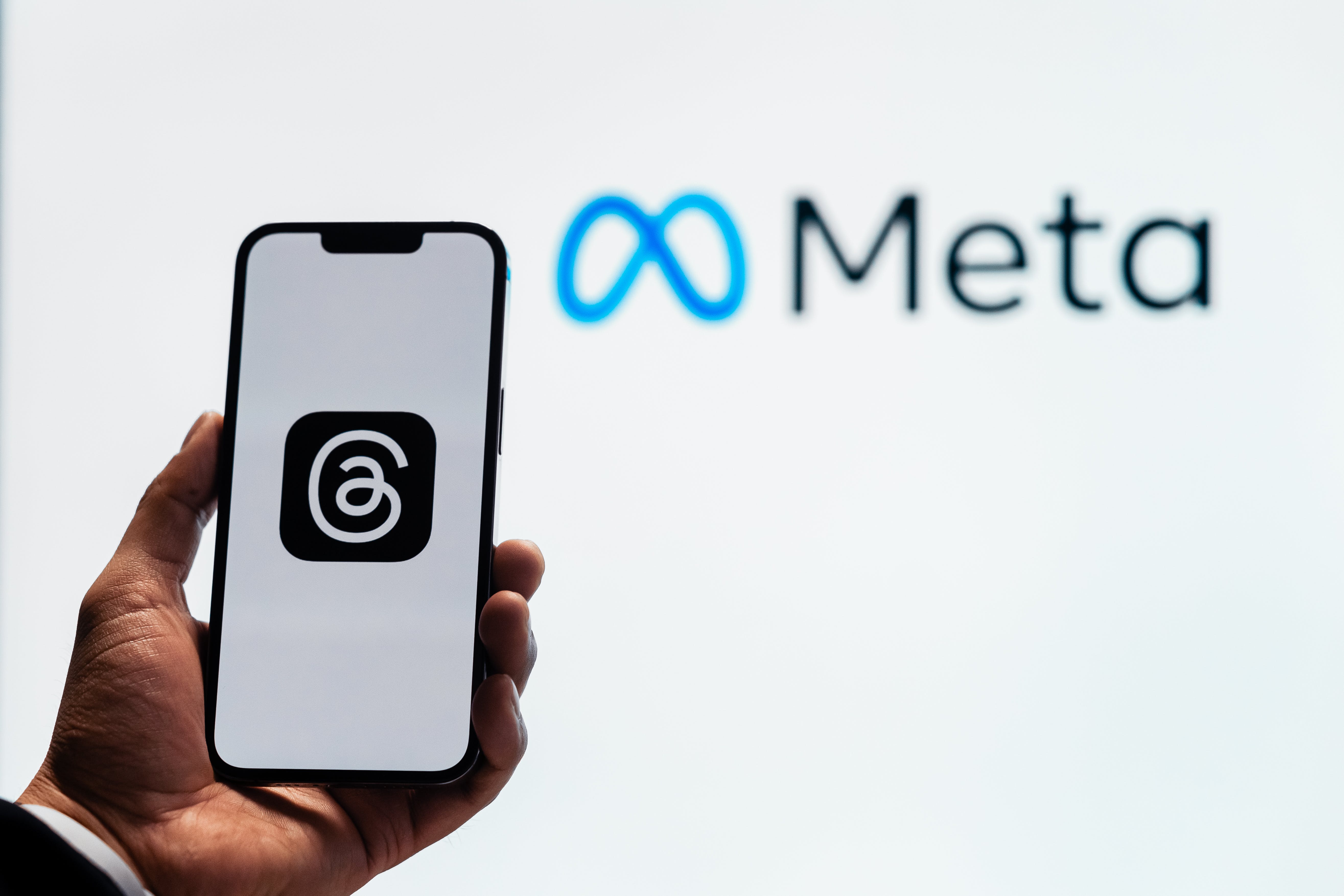
23 Green Business Ideas for Eco-Minded Entrepreneurs
Do you want to start a business and protect the environment at the same time? These green business ideas help you do just that.

Any organisation worth their sustainability salt knows that reaching net zero emissions in operations alone is not enough
Decarbonization must extend beyond offices and factories to include Scope 3, from the emissions caused by suppliers to those created by employees.
For Meta, the world’s fifth-biggest tech company, this challenge is being met with ambitious targets and bold, meaningful action.
Having already hit net zero emissions in global operations in 2020, the social media giant now has its sustainability sights set on achieving net zero value chain emissions by 2030.
This is quite the challenge, given 99% of Meta’s carbon footprint came from Scope 3 in 2022 – and this continues to rise.
“We know that reaching net zero emissions across our value chain will not be an easy task,” Rachel Peterson, Vice President of Data Centre Strategy at Meta said in the company’s 2023 Sustainability Report.
“Right now, our Scope 3 emissions are increasing and will continue to do so as we work to support the global demand for the services we provide.”
Meta acknowledges that reaching this goal requires a significant shift in how it builds infrastructure and operates its entire business – and the 20-year-old company is prioritising efficiency and circularity in its business decisions and embracing low-carbon technology to operate with a lower emissions footprint.
For example, through its supplier engagement programme, Meta is working to decarbonise its supply chain and enable at least two-thirds of its suppliers to set SBTi-aligned reduction targets by 206.
However, there are some emissions from hard-to-abate sectors the Facebook owner knows will be difficult to reduce by the end of the decade.
And so to tackle this, Meta has turned to carbon removal projects, the third pillar in its high-level emissions reduction strategy.
In a white paper outlining its Net Zero Strategy, the company says investing in value chain emissions reductions projects is necessary to address sources it can’t directly influence – like companies or processes used to extract and process the copper in data centre hardware or mechanical electrical equipment.
“These projects offer a significant opportunity to decarbonise our business at pace and scale require to achieve our 2030 reduction target,” the paper states.
For Meta, a diverse approach to carbon removal that includes both nature-based and technological approaches is crucial – not only to ensure near-term climate impact but to support carbon removal solutions for the future.
This strategy involves the purchase of credits from projects that align with Meta’s principles, from reforestation to investment in direct air capture technology.
Since 2021, the social media giant has supported numerous nature-based carbon removal projects, from Australia to Kenya, including increasing forest carbon stock of community ejido forests in Oaxaca and increasing stored carbon via protection of forests that provide habitat for mitigating salmon in California.
And demonstrating its continued commitment to investing in nature-based solutions to mitigate carbon emissions, Meta recently signed a major carbon credits deal for 6.75 million carbon credits with Aspiration, a leading provider of sustainable financial services.
These credits hail from a myriad of ecosystem restoration and natural carbon removal approaches, including native tree and mangrove reforestation, agroforestry, and the implementation of sustainable agricultural practices.
Meta’s role in the voluntary carbon market extends beyond purchasing credits from projects to supporting new project development through financing and encouraging the evolution of standards that bring more certainty to the market.
Among the ways Meta is driving development in the sector is through collaborative action that will “aggregate the resources of multiple companies to create rapid change at scale”.
This includes a collaborative pledge to develop carbon projects that centre Indigenous leadership.
Through 1t.org, the National Indian Carbon Coalition and Meta have pledged to support and promote a model of carbon projects that centre on the leadership, traditional ecological knowledge, and vision of Indigenous Peoples for themselves and their land.
Among other collaborative projects:
In further driving development in the sector, Meta joined forces with other big tech companies in 2022 to accelerate the development of carbon removal technologies by guaranteeing future demand.
While some say focusing on carbon capture is a distraction to the real goal of reducing greenhouse gas emissions, Meta argues that both emissions reductions and carbon dioxide removal are needed.
And climate science backs this up.
Scientists say removing the carbon emissions that we have already pumped into the atmosphere is necessary if we are to avoid the 1.5-degree rises in global temperature set out in the Paris Agreement.
Launched in 2022, Frontier is a US$925 million joint commitment between Meta, Stripe, Shopify, McKinsey Sustainability and Alphabet – more recently bolstered with four new companies – Autodesk, H&M Group, JPMorgan Chase and Workday – committing a combined US$100 million.
Frontier helps its member companies purchase CO2 removal via pre-purchase agreements or offtake agreements. The goal is to spur the development of a new industry by providing a novel source of funding that isn’t based on debt or equity investments, but on actual product purchases before the technology is fully available at scale.
So far, Frontier has spent $5.6 million buying nearly 9,000 tonnes of contracted carbon removal from 15 different carbon dioxide removal startups.
Among these, RepAir uses electrochemical cells and clean electricity to capture carbon dioxide from the air, while Living Carbon is a synthetic biology startup working on engineering natural systems to remove carbon dioxide.
With this strategy, Meta is helping to expand the voluntary carbon market, overcome barriers to scale, and at the same time achieve its own ambitious net zero goals.
Source
February 7, 2024